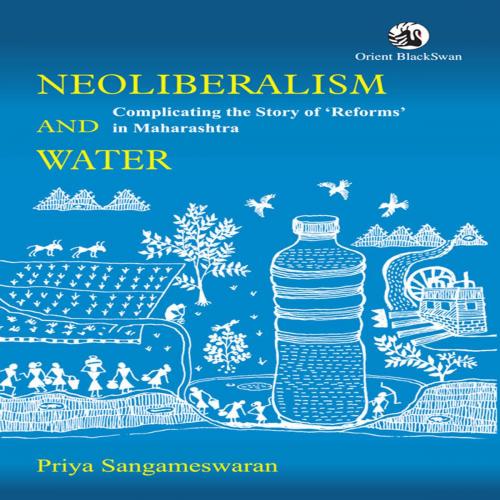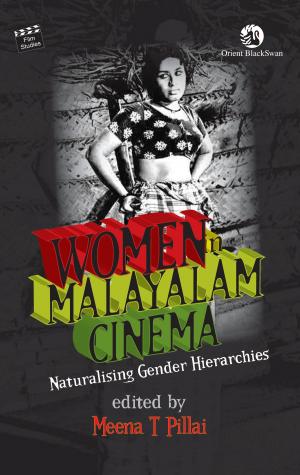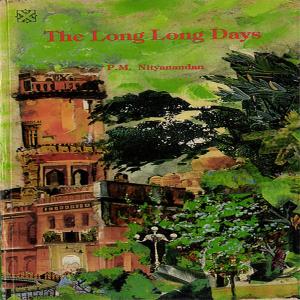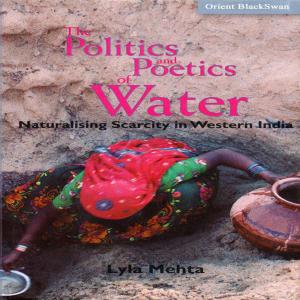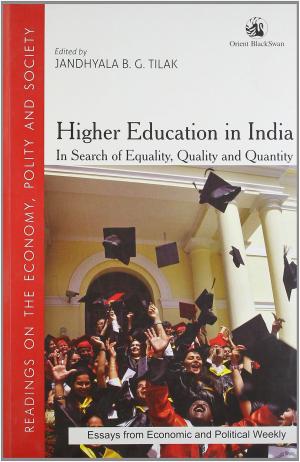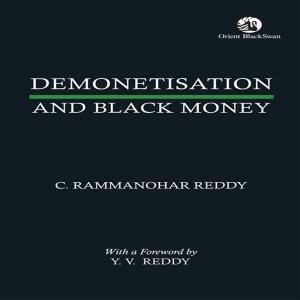Neoliberalism and Water
Complicating the Story of ‘Reforms’ in Maharashtra
Nonfiction, Social & Cultural Studies, Social Science| Author: | Priya Sangameswaran | ISBN: | 9788125063810 |
| Publisher: | Orient Blackswan Private Limited | Publication: | October 5, 2016 |
| Imprint: | Language: | English |
| Author: | Priya Sangameswaran |
| ISBN: | 9788125063810 |
| Publisher: | Orient Blackswan Private Limited |
| Publication: | October 5, 2016 |
| Imprint: | |
| Language: | English |
• Neoliberalism and Water tells us the story of the reforms in the water sector in Maharashtra in the first decade of the twenty-first century. • It looks at it through the prism of neoliberalism, which works in combination with other processes, and by the specific nature of water as a resource. • The introductory discussion of different approaches to understanding neoliberalism provides the base for the ensuing discussion of water reforms. • It discusses changes in urban and rural drinking water, and irrigation, and concepts like piped water, 24x7 water, water entitlements, commodity, and entrepreneurship. • It raises the questions—What kinds of visions of development of the urban and the rural do current water reforms draw upon? How is decentralisation mediated by ideas like self-sufficiency, depoliticisation, and expertise? What kind of work goes into constructing markets and determining prices? Who are the new kinds of ‘private’ actors who have emerged in the arena of water? How are mindsets and modes of working changing even among ‘public’ institutions?
• Neoliberalism and Water tells us the story of the reforms in the water sector in Maharashtra in the first decade of the twenty-first century. • It looks at it through the prism of neoliberalism, which works in combination with other processes, and by the specific nature of water as a resource. • The introductory discussion of different approaches to understanding neoliberalism provides the base for the ensuing discussion of water reforms. • It discusses changes in urban and rural drinking water, and irrigation, and concepts like piped water, 24x7 water, water entitlements, commodity, and entrepreneurship. • It raises the questions—What kinds of visions of development of the urban and the rural do current water reforms draw upon? How is decentralisation mediated by ideas like self-sufficiency, depoliticisation, and expertise? What kind of work goes into constructing markets and determining prices? Who are the new kinds of ‘private’ actors who have emerged in the arena of water? How are mindsets and modes of working changing even among ‘public’ institutions?
